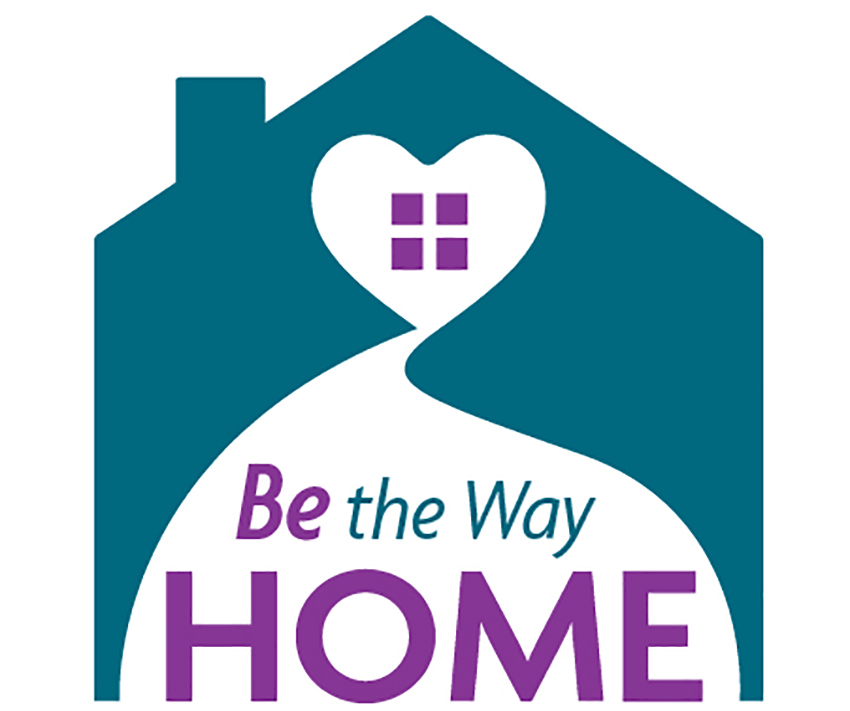Background
The Washington State Department of Children, Youth, and Families has replaced the previous four-level rate assessment system with a new, seven-level caregiver supports model effective Jan. 1, 2024. Each Caregiver Supports Level is associated with foster care payment rates for licensed caregivers and placement support services available to all licensed and unlicensed caregivers.
When children and youth enter care, DCYF staff will gather information from multiple sources such as the youth, parent, Health Care Authority, and other significant people in the child’s or youth’s life etc., to determine the support needs of the child or youth.
Review the FAQ document for more information about the project:
New Caregiver Supports Rate Assessment (Effective Jan. 1, 2024)

The Washington Administrative Code (WAC) will be updated to reflect the new seven level system and process. There are upcoming opportunities to review the changes and comment on them.
Rate Assessment Timelines
The timelines for completing rate assessments will also be changing. DCYF staff will make an initial assessment within the first seven days. Next, we will validate that level using information about the youth that we will get from Health Care Authority information.
- If a caregiver believes information about the child's needs was not considered in a level determination, they can appeal to make sure that information is reviewed and considered.
- Caregivers can request rate determination review at any time there is a change in circumstances or a new diagnosis.
Payments
For more payment information, visit All Families & Caregivers Supports & Resources
Why are Changes Being Made?
Our previous rate assessment tool assessed the amount of time and energy caregivers spend parenting young people placed in their care, and it does not provide corresponding services or supports. DCYF has repaced the current 4-level rate assessment system with a new, 7-level caregiver supports model that aligns supports with known information about the child or youth. The Caregiver Supports Project will implement a continuum of new placement support resources that will:
- Increase access to caregiver supports and align supports to the diverse needs of children and youth in out-of-home placement.
- Increase resources for kinship caregivers, as all licensed and unlicensed caregivers will have access to standard supports.
- Increase placement stability by enhancing caregivers' preparedness to support children and youth placed in their care.
- Address bias and racial inequality in the current system by implementing a data-informed, objective, and standard process to ensure caregivers have the resources and supports needed to care for a child based on the child's needs.

